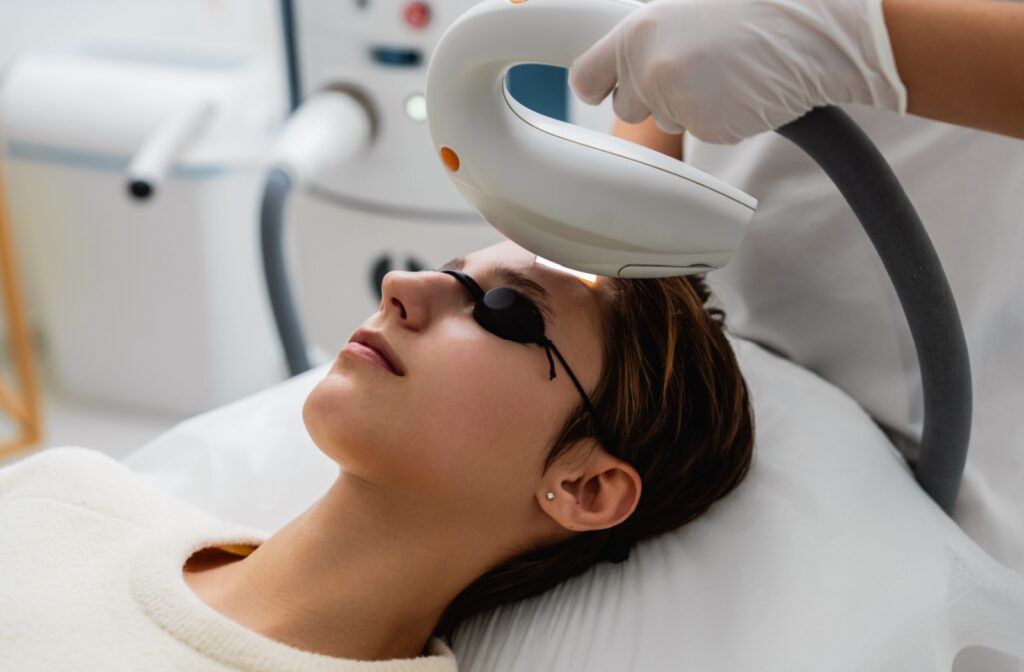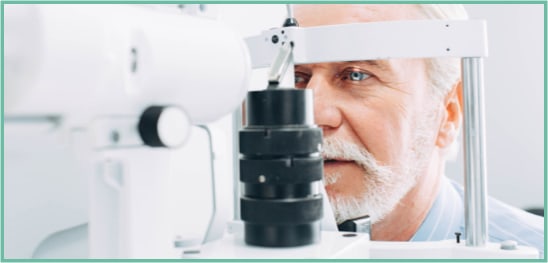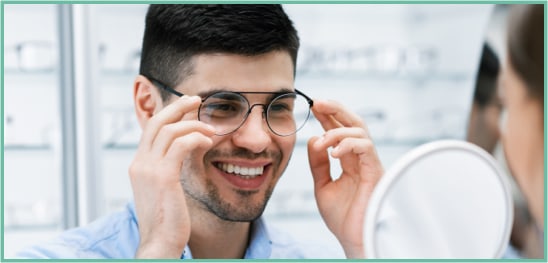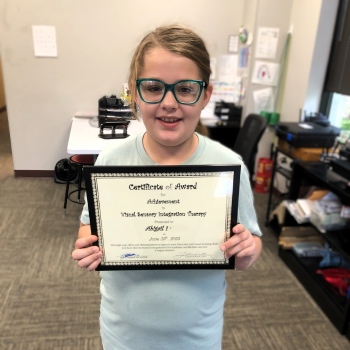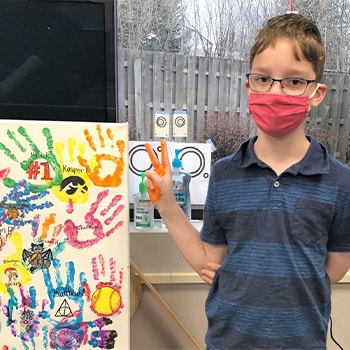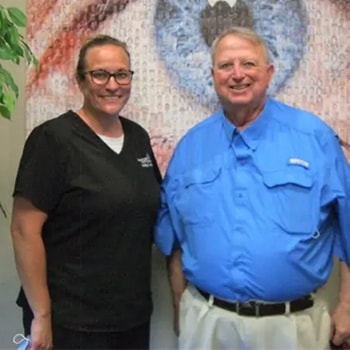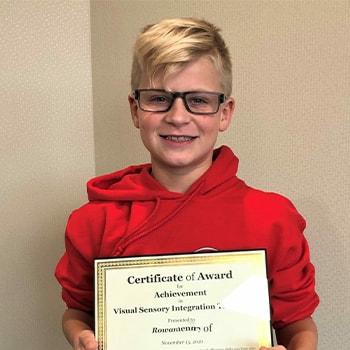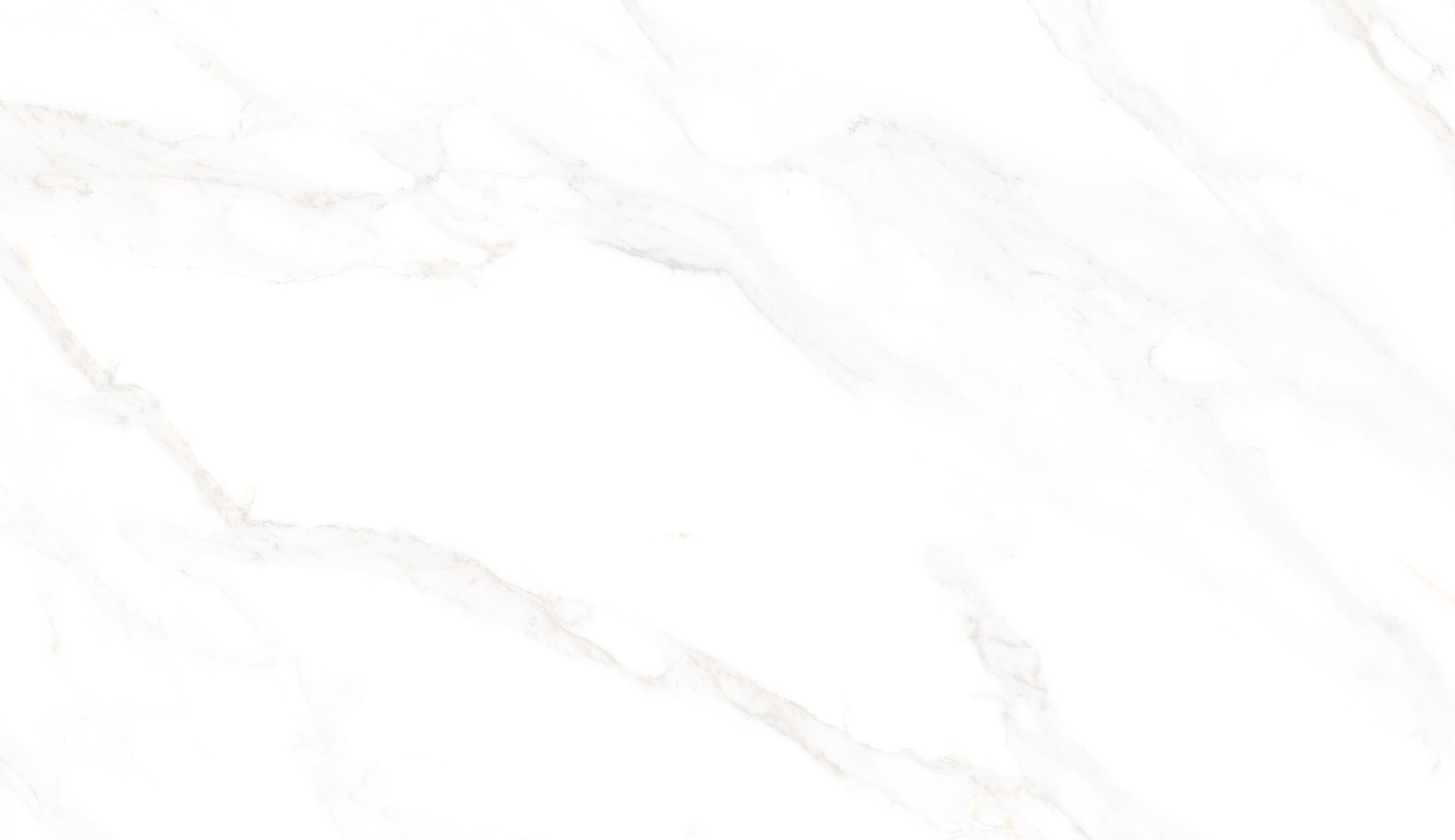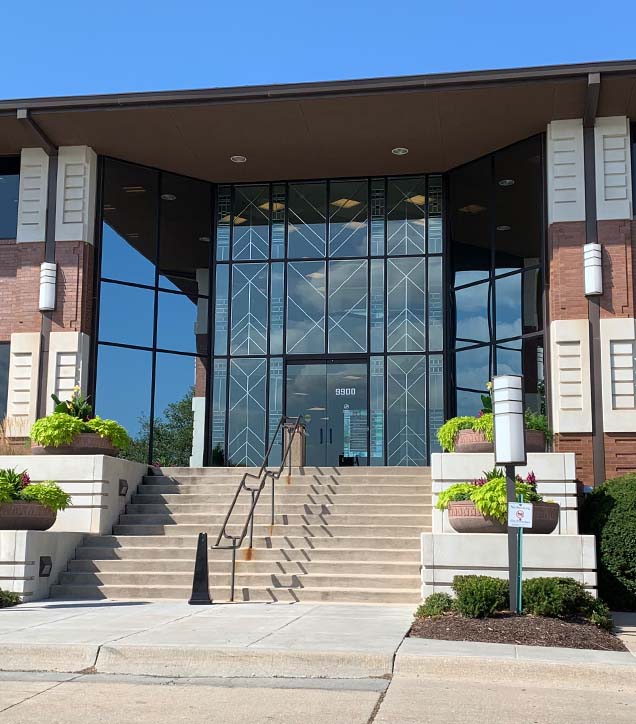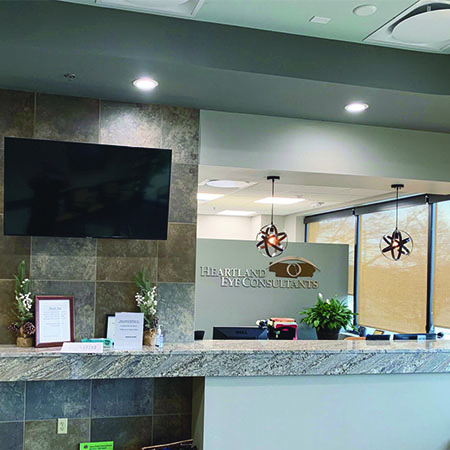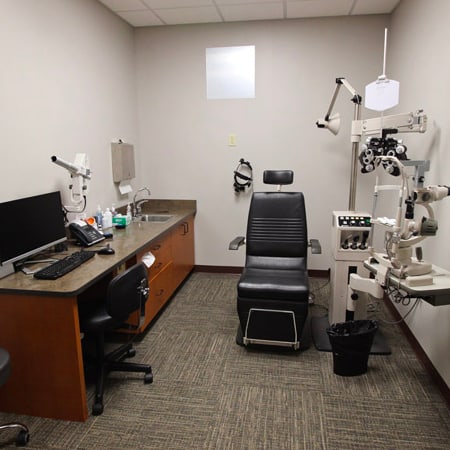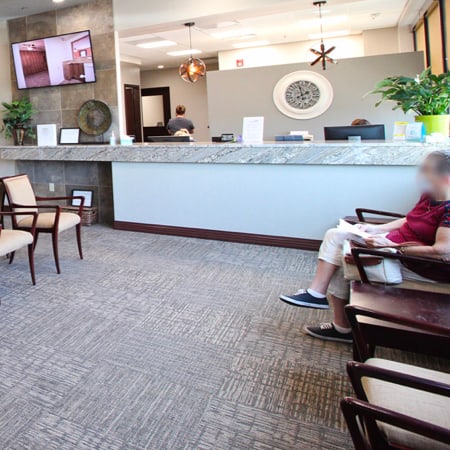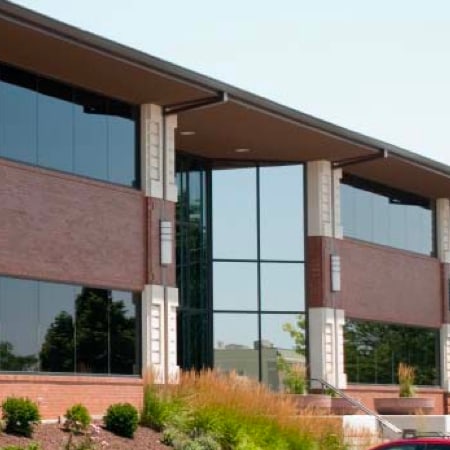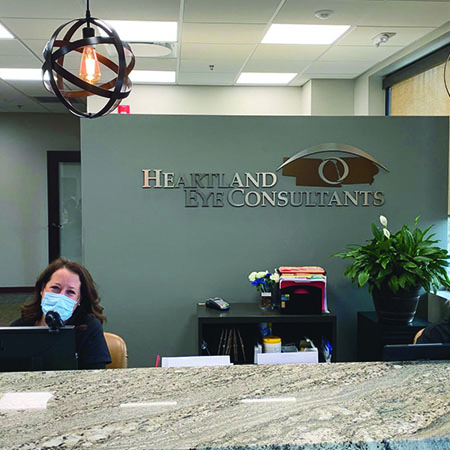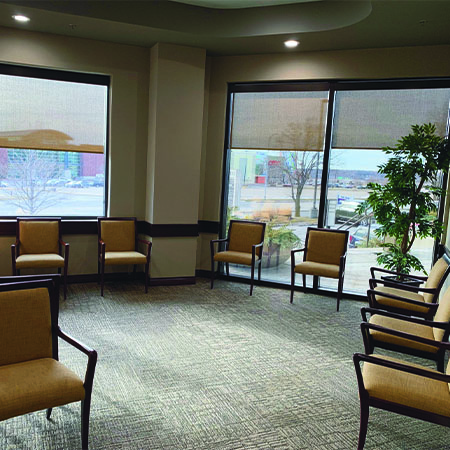Intense pulsed light (IPL) therapy is a versatile technology that has made a significant impact in both dermatology and optometry. Known for its ability to treat skin conditions, IPL is also a powerful tool in managing meibomian gland dysfunction (MGD), a primary cause of dry eye disease.
A single session of IPL treatment usually lasts 15-20 minutes, and most treatment plans consist of 3-4 sessions with 1-2 weeks between each session. Followup sessions may occur 6 months to a year after the initial treatment.
What is IPL?
IPL, or intense pulsed light, uses a broad spectrum of light to target specific issues within the skin or eyes. Unlike lasers that use a single wavelength of light, IPL delivers multiple wavelengths, allowing it to treat a variety of conditions.
In optometry, IPL is primarily used to treat MGD and ocular rosacea. MGD affects the meibomian glands located in the eyelids, responsible for secreting oils that keep the eyes lubricated. Rosacea can also affect the meibomian glands, causing them to clog due to inflammation in the skin. When these glands malfunction, it leads to dry, uncomfortable eyes.
Common Treatment Areas
Although IPL’s roots lie in dermatology for treating skin conditions like acne, rosacea, and hyperpigmentation, its application in optometry has been revolutionary. Initially developed for improving skin health by targeting pigment issues and inflammation, IPL has since found a significant role in eye care.
Here, we’ll focus on its use for treating the eyes, particularly meibomian gland dysfunction (MGD), a common cause of dry eye syndrome. This innovative approach offers new hope for patients who struggle with persistent eye discomfort and seek more effective treatments.
How Long Does an IPL Treatment Last?
Duration of a Single Session
An IPL session for treating MGD usually lasts between 10 to 15 minutes. The procedure is relatively quick and non-invasive, making it convenient for most people. During the session, a technician will apply a cooling gel to the treatment area and use a hand-held device to deliver pulses of light to the meibomian glands.
Frequency of Treatments
The effectiveness of IPL for MGD typically requires multiple sessions. Most treatment plans recommend an initial series of 3 to 4 sessions, spaced about 2 to 4 weeks apart. This frequency ensures that the meibomian glands are adequately stimulated to improve their function.
Long-term Maintenance
After the initial treatment series, maintenance sessions are often needed to sustain the benefits. These maintenance treatments can range from once every 6 months to once a year, depending on the severity of the condition and individual response to the therapy.
Factors Affecting the Longevity of IPL Results
Several factors can influence how long the effects of IPL last:
- Severity of MGD: Individuals with more severe meibomian gland dysfunction (MGD) may require more frequent maintenance sessions to sustain the benefits. The degree of blockage in the glands heavily impacts the longevity of the treatment’s effectiveness.
- Lifestyle Choices: Various environmental factors such as exposure to wind, pollution, and extended periods of screen time can significantly affect the functionality of the meibomian glands. For instance, prolonged screen time can lead to reduced blink rates, which hampers the natural lubrication process of the eyes.
- Ongoing Eye Care: Maintaining regular eye care routines and adhering to the optometrist’s recommendations can considerably extend the benefits of IPL treatment. This could include practices like using warm compresses, staying hydrated, and avoiding environments that could exacerbate eye strain or dryness.
By considering these factors and integrating good habits into daily routines, individuals can make the most out of their IPL treatments and enjoy longer-lasting relief.
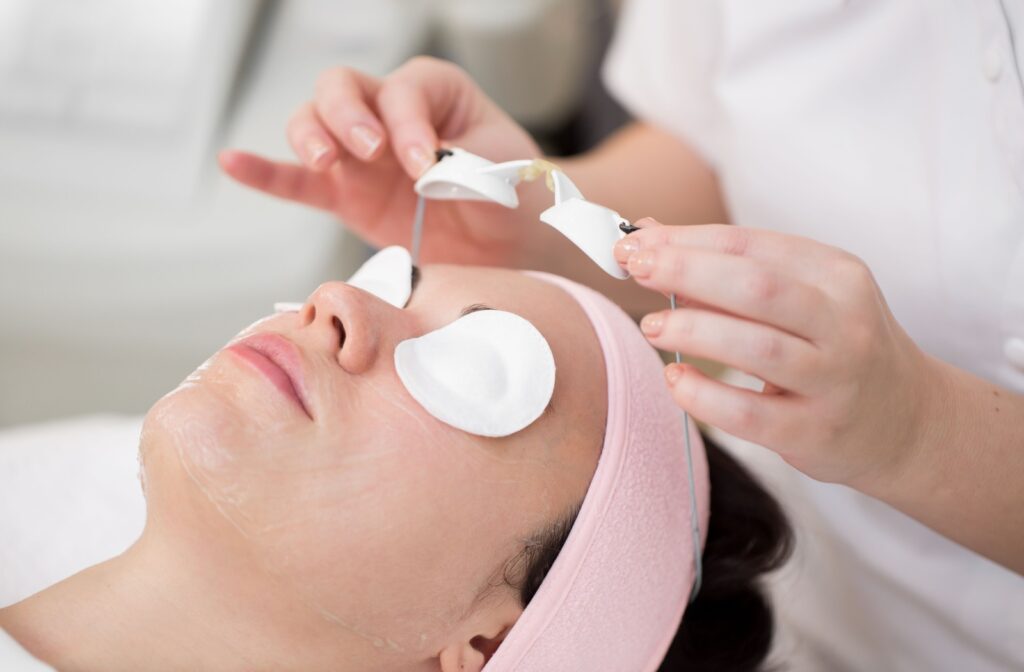
Benefits of IPL for MGD
Improved Eye Comfort
Patients often report significant improvements in eye comfort and a reduction in dryness symptoms after undergoing IPL treatment. The therapy works by targeting the abnormal blood vessels that contribute to inflammation, ultimately leading to a more comfortable and hydrated ocular surface.
Non-Invasive Procedure
One of the biggest advantages of IPL is that it is a non-invasive procedure with minimal downtime. Unlike surgical interventions, IPL involves no cutting or stitching, thus reducing the risk of complications. Most people can return to their daily activities immediately after the session, making it a convenient option for those with busy schedules.
Long-lasting Results
When combined with proper eye care and regular maintenance treatments, the benefits of IPL can be long-lasting. This offers a sustainable solution for managing meibomian gland dysfunction (MGD), which is a common cause of dry eye syndrome.
Patients can enjoy consistent relief and improved quality of life with ongoing treatment plans tailored to their specific needs.
Deciding If IPL Is Right For You?
If you’re struggling with dry eyes caused by meibomian gland dysfunction, IPL could be a game-changer for you. While the duration of IPL’s effectiveness can vary based on several factors, most patients find lasting relief with an initial series of treatments followed by periodic maintenance sessions.
Ready to experience the benefits of IPL for yourself? Book a consultation with one of our optometrists at Heartland Eye Consultants today and take the first step toward clearer, more comfortable vision.
By understanding the nuances of IPL treatment, you can make an informed decision and enjoy the long-lasting benefits of this innovative therapy. Whether you’re new to IPL or considering it as a next step in your eye care routine, we hope this guide provides valuable insights.


